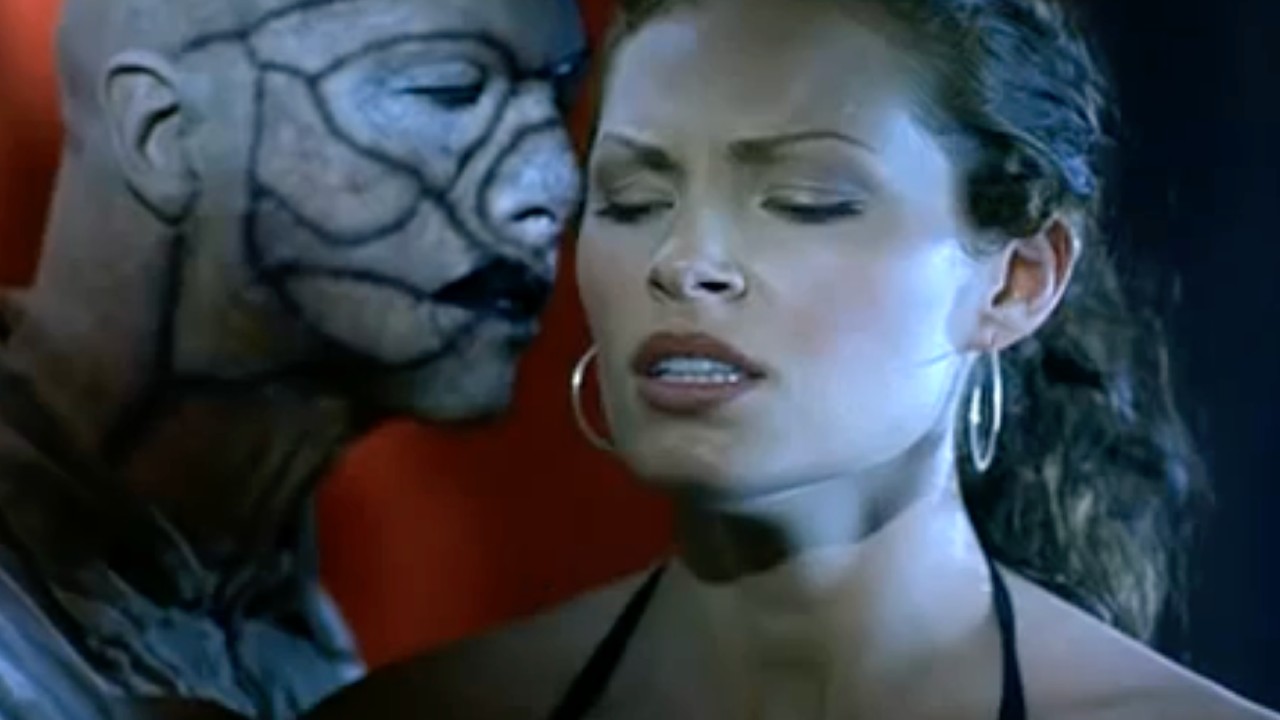What Marvel Thinks Of Claims It Mistreats Its Directors

Your Daily Blend of Entertainment News
You are now subscribed
Your newsletter sign-up was successful
Marvel's dominance of the superhero movie game will face stiff competition next year when Warner Bros. kicks off their DC film slate with Batman V Superman: Dawn of Justice. Warner film chief Greg Silverman caused a stir when he said that WB, unlike Marvel, is letting their directors fulfill their visions, and Marvel Studios head Kevin Feige took exception to the idea that Marvel isn’t being fair to its filmmakers.
Countering Silverman’s comment, Feige told THR that if you watch the MCU movies, it’s obvious that each film has the mark of their respective directors, and the studio is not giving these filmmakers the shaft. As Feige put it:
Iron Man and Iron Man 2 are as Jon Favreau films as you can see. Kenneth Branagh has his stamp all over Thor. Captain America: First Avenger is very much a Joe Johnston film. The greatest example of that, look at Guardians of the Galaxy with James Gunn. And the one I always point out is Avengers. We knew the general structure when we sat down with Joss [Whedon]. But I don't want you to think we gave him a story. We gave him a "Here's where we think the movie should start, here's where we think this character should come into it; it would be fun if something like this happened in the middle and in the end a hole opens up and aliens pour out into Manhattan.
Feige went on to say that for despite the "studio imposed" elements that were handed to Whedon and the others, each of the filmmakers were able to make these projects their own, and that they wouldn’t have hired someone who just did what the studio said. There’s no denying that Marvel has mandates for each of the films to follow, but most of these specifically have to with including Easter Eggs and references to other movies. On occasion another director has even been called in to direct a mid-credits scene that sets up their forthcoming film, likes James Gunn did for Thor: The Dark World and Whedon for Captain America: The Winter Soldier.
One exception might be Avengers: Age of Ultron. Although it had Whedon written all over it, much of the film seemed like it was used to set up Marvel’s Phase Three. The studio bigwigs even got into a spat with Whedon during production where they threatened to take away the film’s farmhouse scenes if he didn’t include Thor’s cave sequence. There was also the situation with Edgar Wright, who left Ant-Man last year after creative differences with the studio. Still, for the most part it seems like each of Marvel’s directors have been able to put a distinct stamp on their films.
As for DC, Silverman previously rebuffed the common complaint that the DC films are too serious by saying their goal is to make "great movies about superheroes" (as opposed to "great superhero movies") while still making sure all these films can work together. We’ll have to wait and see whether they can deliver on this.
Whether you’re a Marvel or DC fan, one thing is for sure: there will be plenty of these films heading our way for the rest of the decade. Marvel has their film slate planned until Inhumans on July 12, 2019 (and are likely planning Phase Four as we speak), while Warner Bros. has DC films lined up until Green Lantern on June 19, 2020.
Your Daily Blend of Entertainment News

Connoisseur of Marvel, DC, Star Wars, John Wick, MonsterVerse and Doctor Who lore, Adam is a Senior Content Producer at CinemaBlend. He started working for the site back in late 2014 writing exclusively comic book movie and TV-related articles, and along with branching out into other genres, he also made the jump to editing. Along with his writing and editing duties, as well as interviewing creative talent from time to time, he also oversees the assignment of movie-related features. He graduated from the University of Oregon with a degree in Journalism, and he’s been sourced numerous times on Wikipedia. He's aware he looks like Harry Potter and Clark Kent.
